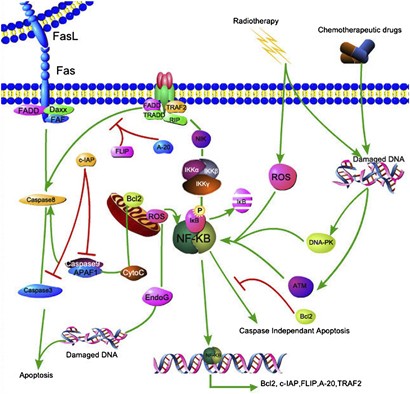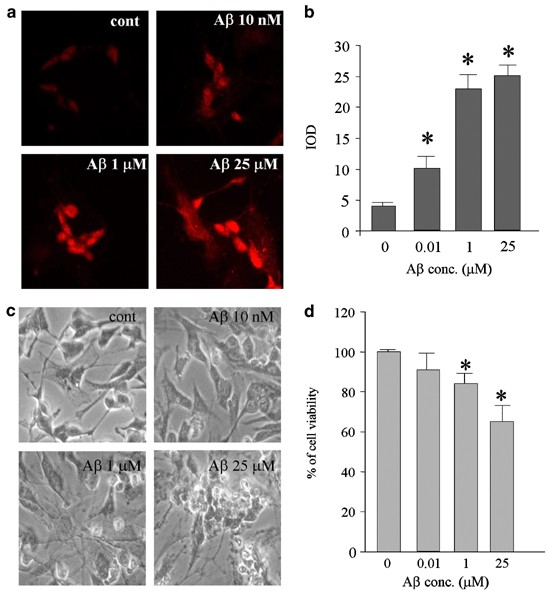- Select a language for the TTS:
- UK English Female
- UK English Male
- US English Female
- US English Male
- Australian Female
- Australian Male
- Language selected: (auto detect) - EN
Play all audios:
ABSTRACT VERY much so-called art, defended as “modern”, appears to represent an irrational cult, having no more justification than the chaotic mental concepts which are so often opposed to
the progress of science. There is, however, a method of painting which at first seems anarchistic and contrary to Nature, but on closer examination (metaphorically) or more distant
examination (literally) appears significant and interesting, amounting to a real discovery in art. Just now we have on exhibition at the University of Colorado a collection of paintings by
Robert A. Graham, a rather well-known artist in the United States, in which the method referred to is employed. At close range the pictures appear to be merely arrangements of spots of
colour, mainly red, yellow, and blue. It seems impossible that they can represent anything natural. But at the distance of ten feet or so an extremely soft and natural landscape appears. The
method is exactly the same, essentially, as that of the three-colour photographic process, which in the hands of experts gives us pictures exquisitely true to Nature, or to our optical
impression of Nature. Such prints (_e.g._ in Taylor's “Monograph of British Mollusca”) are so natural that I have found myself at times using a lens to make out finer details, of course
with the result of losing the whole impression. These matters may have been fully elucidated and appreciated in artistic circles, but they throw light on our process of vision, and are of
interest to scientific men as well. Access through your institution Buy or subscribe This is a preview of subscription content, access via your institution ACCESS OPTIONS Access through your
institution Subscribe to this journal Receive 51 print issues and online access $199.00 per year only $3.90 per issue Learn more Buy this article * Purchase on SpringerLink * Instant access
to full article PDF Buy now Prices may be subject to local taxes which are calculated during checkout ADDITIONAL ACCESS OPTIONS: * Log in * Learn about institutional subscriptions * Read
our FAQs * Contact customer support SIMILAR CONTENT BEING VIEWED BY OTHERS LIGHT AS MATTER: NATURAL STRUCTURAL COLOUR IN ART Article Open access 22 June 2023 ILLUSTRATING PAPYRUS IN ANCIENT
EGYPT Article Open access 10 January 2023 REGULARITY OF COLOUR STATISTICS IN EXPLAINING COLOUR COMPOSITION PREFERENCES IN ART PAINTINGS Article Open access 26 August 2022 AUTHOR INFORMATION
AUTHORS AND AFFILIATIONS * University of Colorado, Boulder T. D. A. COCKERELL Authors * T. D. A. COCKERELL View author publications You can also search for this author inPubMed Google
Scholar RIGHTS AND PERMISSIONS Reprints and permissions ABOUT THIS ARTICLE CITE THIS ARTICLE COCKERELL, T. The Three-Colour Process and Modern Painting. _Nature_ 113, 606 (1924).
https://doi.org/10.1038/113606b0 Download citation * Issue Date: 26 April 1924 * DOI: https://doi.org/10.1038/113606b0 SHARE THIS ARTICLE Anyone you share the following link with will be
able to read this content: Get shareable link Sorry, a shareable link is not currently available for this article. Copy to clipboard Provided by the Springer Nature SharedIt content-sharing
initiative









